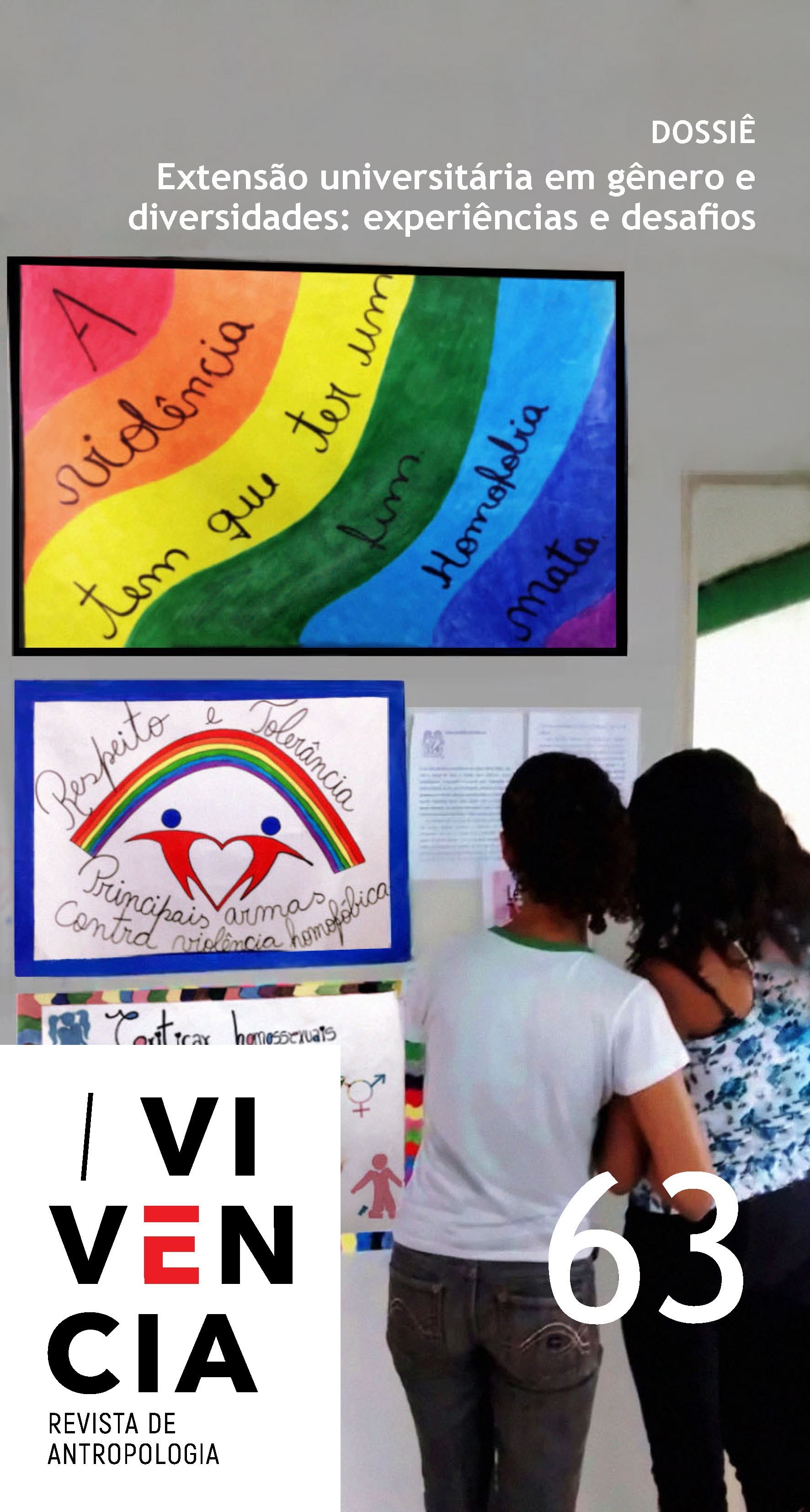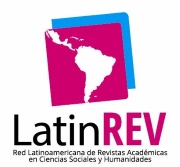CINEDEBATE E QUESTÕES DE GÊNERO
O NEOCONSERVADORISMO NA ESCOLA
DOI:
https://doi.org/10.21680/2238-6009.2024v1n63ID35518Abstract
Abstract: The retraction in the supply of services offered by the State to the population, a phenomenon observed from the Temer Government (2016) and that persists during the Bolsonaro Government (2018-2022), has as a circumstance the neoconservative advance in defense of a specific family model and against the teaching of situated knowledge within schools, especially against the subject 'gender'. Within this national context, the extension project CineDebate: Race and Gender in School (UFRPE), at the Reference High School Cândido Duarte (Recife/PE), addressed short films of varied themes and cuts between the years of 2016 and 2017, offering in extracurricular activity the possibility of problematizing social realities. After each screening, questionnaires were applied that sought to assess the understanding on the part of the students of the themes and works presented. The present article aims to comment on the variation between receptions based on their thematic cuts. Based on the analysis of the set of questionnaires, it was possible to conclude that there was antagonism only in the reception to the short-documentaries with a gender theme, and that this objection is in confluence with the neoconservative discourse that gains space in national politics and in Brazilian society. Such discourse preaches the censorship of knowledge and the reestablishment of a patriarchal family model through projects like the School Without Party. In conclusion, I argue that, even after years of its termination, the results of the extension project remain relevant to reflect on the reach, ramifications, trajectories, and consequences of the anti-gender discourse for education.
Keywords: neoconservatism; school; cinedebate; gender education.
Downloads
Downloads
Published
How to Cite
Issue
Section
License
Copyright (c) 2025 Fernanda de Carvalho Azevedo Mello

This work is licensed under a Creative Commons Attribution-NonCommercial-ShareAlike 4.0 International License.


 Português (Brasil)
Português (Brasil) English
English Español (España)
Español (España) Français (Canada)
Français (Canada)






